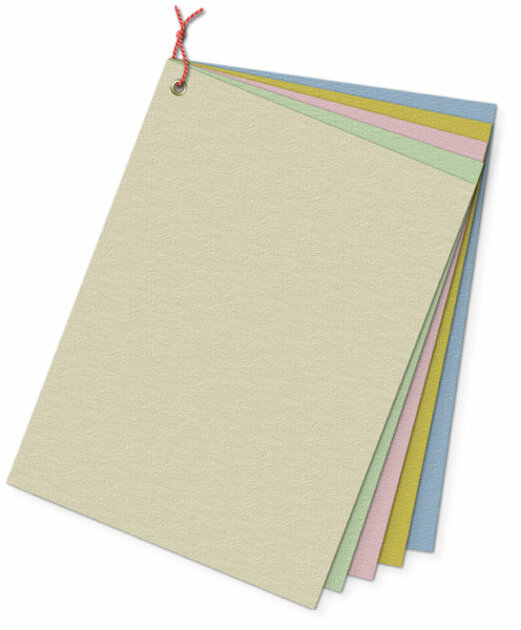
“For Fast-acting Relief, Try Slowing Down.” — Lily Tomlin
וְרָמֵי בַּר חָמָא אַגַּב חוּרְפֵּיהּ לָא עַיֵּין בַּהּ, אֶלָּא הָכִי קָמִיבַּעְיָא לֵיהּ: שְׁתֵּי אַמּוֹת בְּגַג וּשְׁתֵּי אַמּוֹת בְּאַכְסַדְרָה, מַהוּ?
The Gemara explains that this was not in fact the dilemma, and Rami bar Ḥama, due to his keen mind, did not analyze the dilemma carefully and was imprecise in its formulation. Rather, this is the dilemma he is raising: If one carries an object two cubits on the roof of a house, and another two cubits on the slanted roof of a portico, a roofed structure without walls, before a house belonging to someone else, what is the halakha?
What is this phrase אַגַּב חוּרְפֵּיהּ לָא עַיֵּין בַּהּ actually mean? Rashi here says :
ורמי בר חמא אגב חורפיה כו' - התלמוד קאמר ורמי בר חמא נמי ודאי לא איבעי ליה למיבעי הכי אלא אגב חורפיה מיהר בשאילתו ולא עיין בה יפה:
It seems like Rashi is saying Because he was so intellectually bright and quick he asked this question in short hand and didn’t phrase it perfectly.
This phrase only comes up one other time in the Gemara, also in regard to Rami bar Chama.
(Bava Basra 116b).
Rabbenu Gershom explains the phrase as follows:
אגב חורפיה. שהיה מחזיר תלמודו:
לא עיין בה. במתני' שלא דקדק בה לפיכך היה שואל:
He was reviewing his Mishnas quickly and therefore read the mission quickly, and by doing so he asked a question that was based on an incorrect but simplistic understanding.
Rashbam explains:
אגב חורפיה - חריפותו שהיה טרוד בשאלה אחרת דלקמן דעדיפא מינה:
He was busy and preoccupied with a different question, and therefore did not pay attention carefully to this question and it’s cogency.
Why does the phrase only occur with Rami bar Chama?
I am not sure, but here is an interesting story about Rami Bar Chama and his Rebbi (and Father in Law!) Rav Chisda from Bava Kama 20b
א"ל מתניתין היא הי מתניתין א"ל לכי תשמש לי שקל סודריה כרך ליה א"ל אם נהנית משלמת מה שנהנית
Rami bar Ḥama said to him: This dilemma is not new; rather, it is discussed in the mishna, and the mishna already provided a solution. Rav Ḥisda asked him: To which mishna are you referring? Rami bar Ḥama said to him: After you serve me, I will tell you. Rav Ḥisda took hold of Rami bar Ḥama’s scarf [suderei] and folded it, as an act of service. Rami bar Ḥama then said to him: This is the mishna: If the animal derives benefit, the owner of the animal pays for the benefit that the animal derived. This demonstrates that one who derives benefit must pay for the benefit he derives, even if the injured party is not entitled to payment for his loss.
The commentaries are puzzled about why Rav Chisda asked this if Rami. Many answers are given, and there seems to be little consensus on it. Perhaps the meaning of Rav Chisda’s act was to cause his Talmid to slow down. Meaning, Rami was of a nature that he rushed through because of his quick intelligence but he sometimes missed details.
This reminds of the times when I learned with my father Zichrono LiVeracha and how he would urge me to slow down. He was always incredibly contemplative and would notice worlds of meaning in tiny linguistic and syntactic differences in the Gemara. Here and there, I try to bring his spirit into these discussions.
Translations Courtesy of Sefaria, except when, sometimes, I disagree with the translation ![]()
If you liked this, you might enjoy my Relationship Communications Guide. Click on the link above.
Rabbi Simcha Feuerman, Rabbi Simcha Feuerman, LCSW-R, DHL is a psychotherapist who works with high conflict couples and families. He can be reached via email at simchafeuerman@gmail.com
 Previous
Previous


